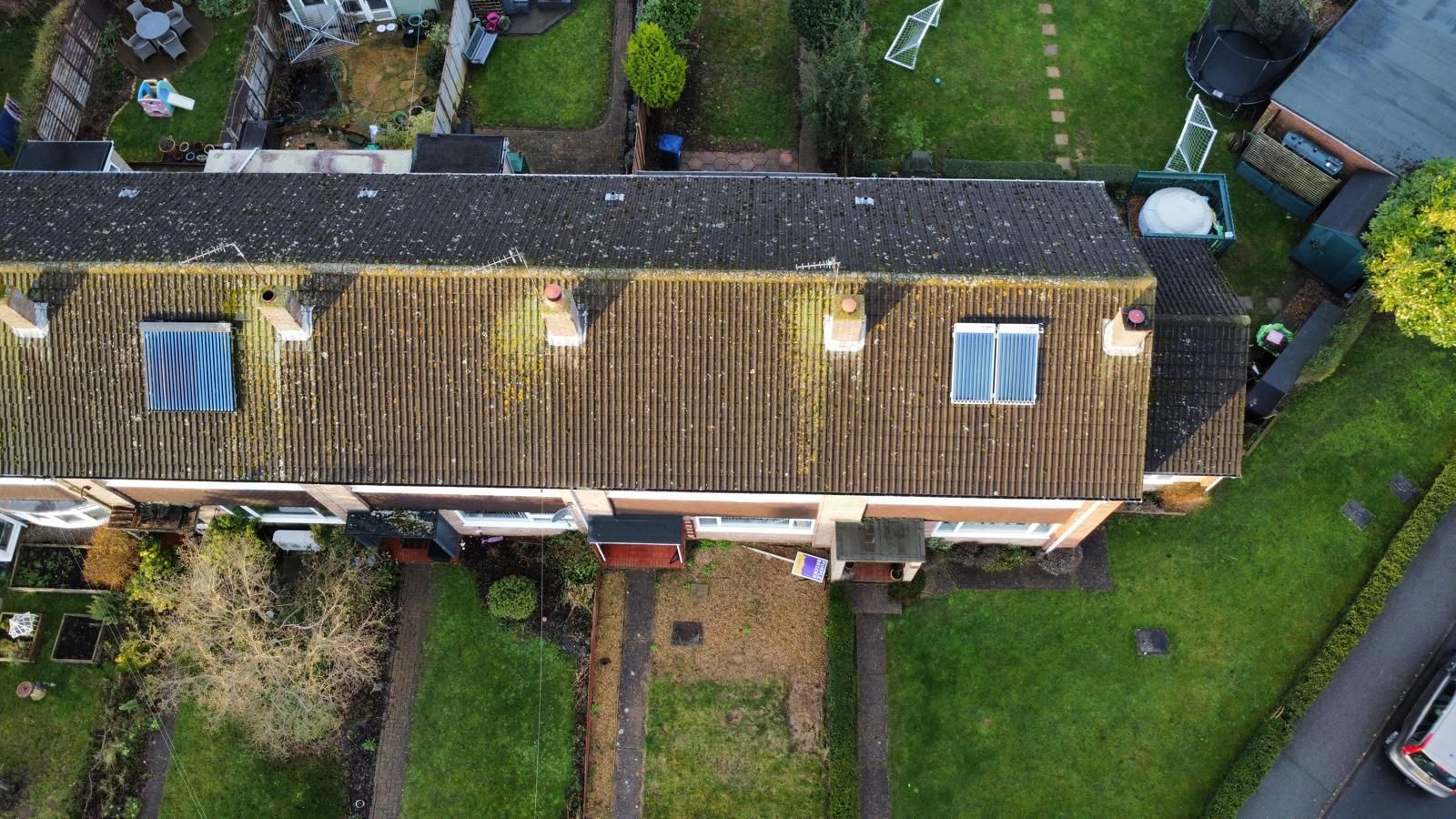NET ZERO DECARBONISATION GRANT FUNDING PROJECTS FRAMEWORK
What is Net Zero?
Net Zero, the main target of the 2015 Paris Agreement, is about minimising dangerous climate change by limiting global warming below 2 degrees Celsius and pursuing efforts to limit it to 1.5 degrees Celsius. 196 parties endorsed the Paris Agreement Net Zero Framework at the COP21 conference in Paris 12th of December 2015.
The Paris Agreement Net Zero green house gas (GHG) emission after 2050 must meet the 17 sustainable goals launched in 2015 to end poverty and protect the planet.
Grant Funding
Salix grant for public sector decarbonisation finances projects within the public sector by NHS, local government councils, Police, fire brigades and schools.
Homeowners can access heat funding through Green Finance institutes, sustainable warmth grants, flexible home improvement loan ECO-4 Scheme, ECO-4 LA Flex and Boiler Upgrade Scheme (BUS), Green Heat Network Fund, Community Business Crowd match and Energy Redress Fund.
Net Zero Sustainable Energy Efficient Framework
Before implementing Net Zero and decarbonisation projects, establishing energy consumption data, analysing systematic energy conservation measures (ECM), these considerations are critical to a successful installation:
- Fabric First Approach - insulation, heating controls, ventilation
- Follow the flow: design proposal; scope of works; specifications; warranties
- Investment Grade Proposal (IGP) scrutiny and High-Level Appraisal (HLA) analysis
- Adequate KVA Power Capacity at Site may require a distribution network operator (DNO) application
- Building management systems (BMS) / smart meters / AMR upgrade / P375 balancing mechanism (BM)
- Offsetting the increase in electricity consumption/demand
- Building characteristics and relevance of the building
- External Stakeholder Engagement: Lease or freehold
Renewable energy conservation measures (ECM) for sustainable projects:
- LED Lighting
- Photovoltaic or solar panel installation
- Solar Thermal
- Solar Farm
- Heat Pump technology, e.g. air source heat pump (ASHP) or ground source heat pump (GSHP)
- Wind energy
- Water efficiency management software for leakage detection, monitoring AMR and Limpet technology
For heat pump installation, it is important to employ accredited installers.
Examples of reputable heat pumps are: Viessmann, Mitsubishi, Hitachi, Worcester, Daikin, Vaillant, Nibe, Grant, Samsung, Calorex, Stiebel and LG.
To find out more about making the switch and get an energy consumption evaluation today, get in touch.
Contact us to book your Site Suitability Survey.
Share This Article...



